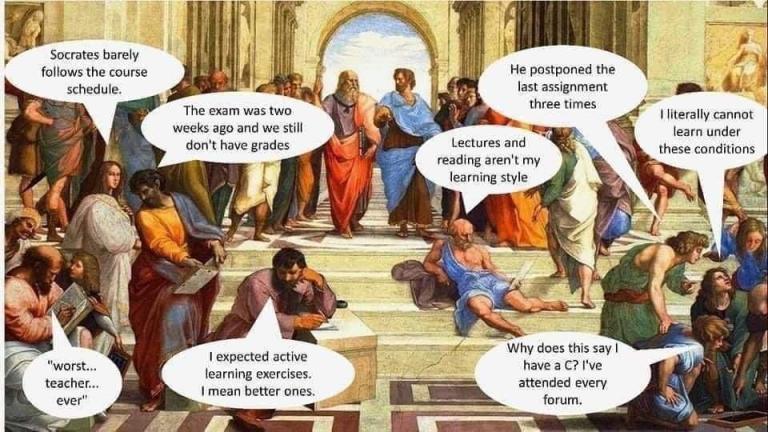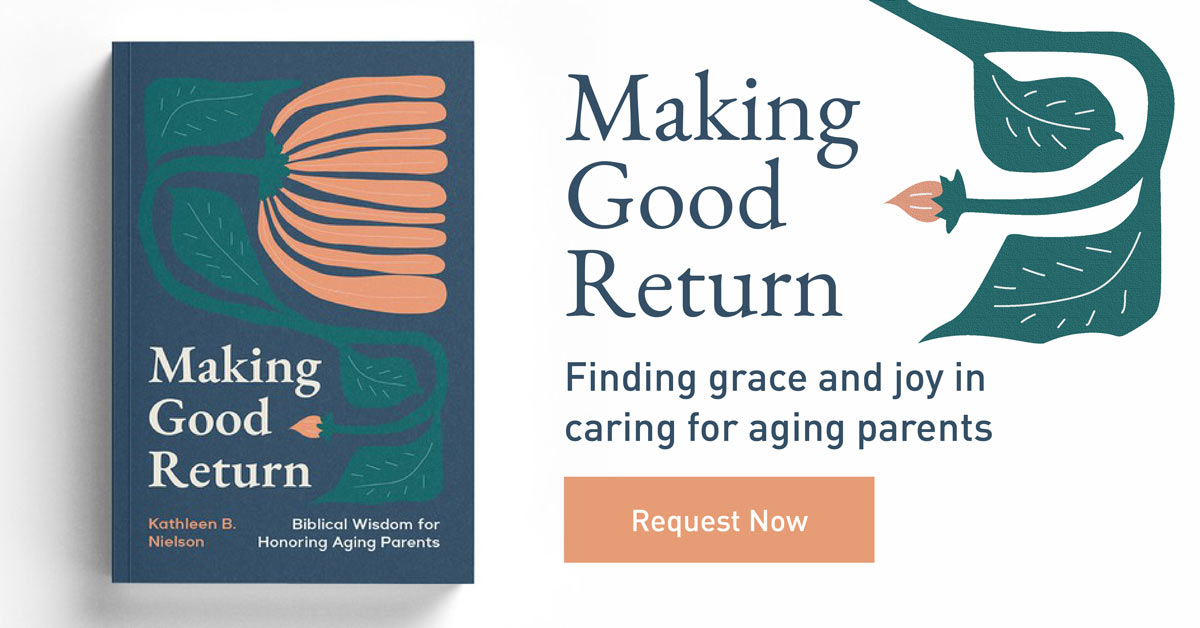There is an old African American spiritual whose concluding verse repeats, Oh, when I come to die, Death is not a topic most people are seeking out opportunities to discuss. On a long, lazy summer afternoon, there are many more appealing subjects for conversation. But death is the inevitable destination of life while the Lord tarries, and wise men and women must give thought to how they will prepare for it. In the Bible, Joseph gives us a profound example of what it means to look forward to death with wisdom and hope. Joseph was a believer. He knew that God made promises to Abraham, Isaac, and Jacob. He knew that God doesn’t renege on His promises. He knew that God would take the Israelites out of Egypt. And so the terms of his will were, in fact, singular: “Joseph made the sons of Israel swear, saying, ‘God will surely visit you, and you shall carry up my bones from here’” (Gen. 50:25). His words show that he believed the promises of God were true—and he was choosing to take part in them. Though he could not have said it in these words, Joseph is an example of someone who lived with this goal in mind: “When I come to die, give me Jesus.” Joseph lived an extraordinary life. God brought him from sheep herding in Canaan to ruling over Egypt, through many ups and downs along the way. Comparatively, the account of his death in Genesis 50 seems a somewhat ordinary account of a man’s final words and requests. Of course, it was anything but ordinary. Through all his trials, Joseph had never lost sight of who he was and of where he was heading, and no less so on his deathbed. He shows us that no day is unimportant. No decision is irrelevant. No relationship is of passing fancy. Joseph lived his life resting in God’s purposes through the good, the bad, and the ugly, and he was ready to do the same on the day of his death. In the words of Hebrews 11, he was “still living by faith” when he died (11:13 NIV). Will you and I be living by faith when we die? Will we continue to the end and be finally saved from sin’s presence? Through life’s bewilderments, surprises, and privileges, will we still read our Bibles? Will we still love God? Will we still tell others about Him? Will we still attend worship? Will we still be engaged all the way to the very end? Will we say with mouth and deed, “When I come to die, just give me Jesus; He is all I need”? That kind of faith will make the day of our death an extraordinary occasion. Joseph lived his life looking forward. Kids with braces know what this means. Most are counting the days till they’ll be removed: “Just two more years.” “Just six more months.” “Only two weeks left.” They understand that their discomfort now has a purpose and an end date, and they long for it to come. You can tell a lot about people by what they are looking at. “Let the pessimist look down, and the fearful look around,” writes G. T. Manley, “but let the Christian lift up his head and look up.” Joseph had shown himself always to be a man who looked up, and that trait remained as the day of his death approached. In fact, Hebrews 11:22 identifies his final request as a profound act of faith: “By faith Joseph, at the end of his life, made mention of the exodus of the Israelites and gave directions concerning his bones.” Nothing brings clarity to the issues of life quite like death. Its approach changes everything. It causes us to reevaluate the significance of our bank balance, our work portfolio, our teams, our toys. Joseph was not concerned, on the day of his death, with his high-powered job and the privileges it brought him. Instead, he looked to God’s promise. It would be centuries before the oath was fulfilled—but Joseph was looking forward to the day. Generations of Hebrew parents told of the oath to Joseph, and generations of Hebrew children received the testimony of his faith. The greatest legacy he left was not money, houses, or stuff but the example of trusting God’s promises, living in the principles of God’s Word, and relying entirely on God’s grace. Woody Allen captured much of the world’s attitude toward death with the quip “It’s not that I’m afraid to die, I just don’t want to be there when it happens.” People fear death, but they deny that they fear it. Instead, they avoid it. By contrast, the Bible confronts the problem of death head on. It says that “the wages of sin is death” (Rom. 6:23)—that death came into the world as a result of the disobedience of Adam and Eve (Rom. 5:12), and it is the appointed end of every man and woman in our broken world (Heb. 9:27). The devil doesn’t want us to think about dying, because he knows that after we die, we face the judgment of God. He doesn’t want us to consider what the sum of our life will be in God’s accounting, nor does he want us to take the measures that might save us. In the judgment, God will ask, effectively, “What did you do with My Son, the Lord Jesus Christ, whom I offered to you to save you from sin and death?” Have we embraced this great salvation that God has offered, or have we ignored it? This judgment day is fixed, it will be fair, and it will be absolutely final. We are foolish if we do not prepare ourselves for it. The promise of God to Joseph was that God would come and rescue the Israelites from Egypt. If you read your Bible backwards, it’s not difficult to see that that picture is finally fulfilled in the person of the Lord Jesus: “This is the will of my Father, that everyone who looks on the Son and believes in him should have eternal life, and I will raise him up on the last day” (John 6:40). The promise Joseph looked forward to in types and shadows we look forward to with all the clarity of the revelation of Jesus Christ: God in Christ will visit us again, and He will raise up our dry bones (Ezek. 37:4–6). Reader, as you look forward to the day of your death, imitate Joseph, and consider the testimony that your life and legacy make to your faith in our Lord’s promises. This article was adapted from the sermon “And When I Come to Die…” by Alistair Begg.
Oh, when I come to die,
Oh, when I come to die,
Give me Jesus.Extraordinary Ordinariness
Joseph was not concerned, on the day of his death, with his high-powered job and the privileges it brought him. Instead, he looked to God’s promise.
A Life Looking Forward
A Reality We Can’t Ignore
The devil doesn’t want us to think about dying, because he knows that after we die, we face the judgment of God.

Copyright © 2025 , Truth For Life. All rights reserved.
Unless otherwise indicated, all Scripture quotations are taken from The ESV® Bible (The Holy Bible, English Standard Version®), copyright © 2001 by Crossway, a publishing ministry of Good News Publishers. Used by permission. All rights reserved.










 English (US) ·
English (US) ·